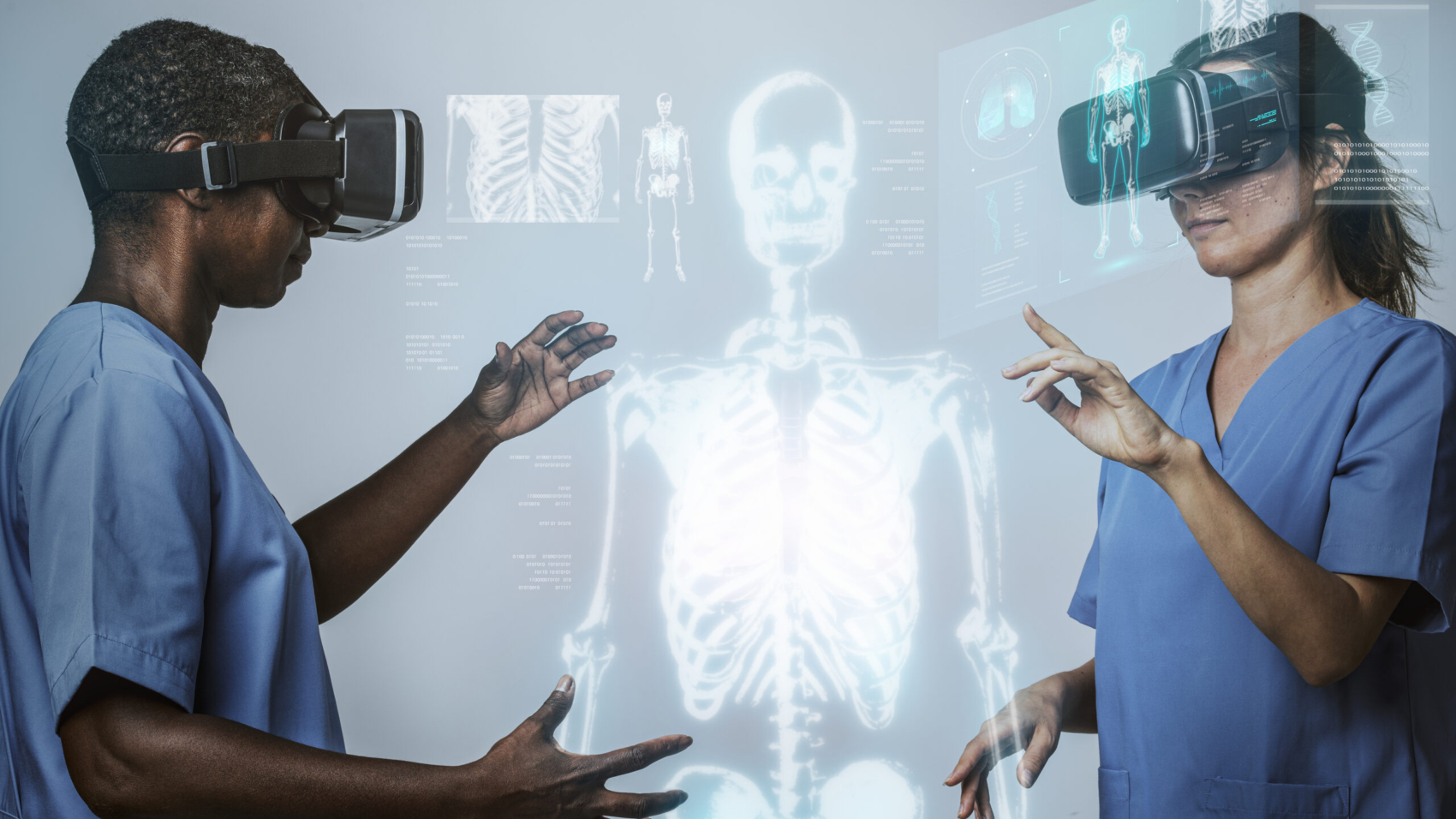In the world of rapidly evolving technology, the advent of quantum computing stands as one of the most revolutionary developments. Quantum computing has the potential to transform the landscape of information technology, promising unprecedented computational power and capabilities that were once confined to the realm of science fiction. This blog aims to delve into the intricacies of quantum computing, exploring its implications, applications, and the transformative impact it is poised to have on the future of information technology.
The Rise of Quantum Computing
The blog begins by tracing the origins of quantum computing, highlighting its theoretical foundations and the milestones that have led to its current state. From its conceptualization by visionaries like Richard Feynman and Yuri Manin to the breakthroughs in quantum mechanics and information theory, we examine how the field has evolved and gained momentum over the years.
Understanding Quantum Computing
Delving deeper, we break down the complex concepts behind quantum computing in a digestible manner. Explaining quantum bits (qubits), superposition, and entanglement, we aim to demystify the fundamental principles that set quantum computing apart from classical computing. Real-world analogies and simplified explanations help readers grasp the basics of this cutting-edge technology.
Implications for Information Technology
Our exploration extends to the potential implications of quantum computing on the realm of information technology. We discuss how quantum computing can accelerate data processing, enhance cybersecurity measures, and revolutionize fields such as artificial intelligence, cryptography, and data analytics. Through real-life case studies and examples, we illustrate how industries can harness the power of quantum computing to drive innovation and overcome existing technological limitations.
Challenges and Future Outlook
No discussion on quantum computing is complete without addressing the challenges that researchers and developers face in realizing its full potential. We shed light on the obstacles, such as error correction, scalability, and the need for specialized infrastructure, that impede the widespread adoption of quantum computing. Additionally, we examine the current research endeavors and advancements that offer insights into the future trajectory of quantum computing.
Closing Thoughts
In the concluding section, we emphasize the transformative role that quantum computing is poised to play in shaping the future of information technology. Emphasizing the need for continued research, investment, and collaboration, we underscore the significance of staying abreast of the latest developments in this groundbreaking field.
Conclusion
With the promise of unparalleled computational power and unprecedented technological advancements, quantum computing is paving the way for a new era in information technology. By unraveling its complexities and envisioning its potential applications, this blog aims to instill a deeper understanding of the transformative impact of quantum computing on the future of information technology.


